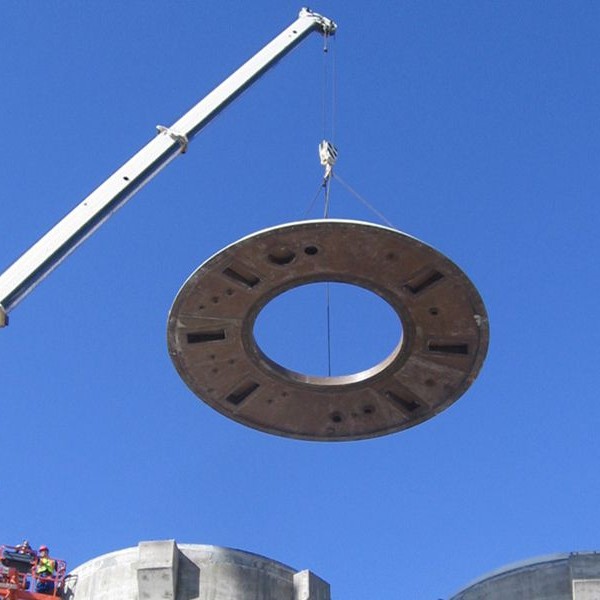
-
 Afrikaans
Afrikaans -
 Albanian
Albanian -
 Amharic
Amharic -
 Arabic
Arabic -
 Armenian
Armenian -
 Azerbaijani
Azerbaijani -
 Basque
Basque -
 Belarusian
Belarusian -
 Bengali
Bengali -
 Bosnian
Bosnian -
 Bulgarian
Bulgarian -
 Catalan
Catalan -
 Cebuano
Cebuano -
 China
China -
 China (Taiwan)
China (Taiwan) -
 Corsican
Corsican -
 Croatian
Croatian -
 Czech
Czech -
 Danish
Danish -
 Dutch
Dutch -
 English
English -
 Esperanto
Esperanto -
 Estonian
Estonian -
 Finnish
Finnish -
 French
French -
 Frisian
Frisian -
 Galician
Galician -
 Georgian
Georgian -
 German
German -
 Greek
Greek -
 Gujarati
Gujarati -
 Haitian Creole
Haitian Creole -
 hausa
hausa -
 hawaiian
hawaiian -
 Hebrew
Hebrew -
 Hindi
Hindi -
 Miao
Miao -
 Hungarian
Hungarian -
 Icelandic
Icelandic -
 igbo
igbo -
 Indonesian
Indonesian -
 irish
irish -
 Italian
Italian -
 Japanese
Japanese -
 Javanese
Javanese -
 Kannada
Kannada -
 kazakh
kazakh -
 Khmer
Khmer -
 Rwandese
Rwandese -
 Korean
Korean -
 Kurdish
Kurdish -
 Kyrgyz
Kyrgyz -
 Lao
Lao -
 Latin
Latin -
 Latvian
Latvian -
 Lithuanian
Lithuanian -
 Luxembourgish
Luxembourgish -
 Macedonian
Macedonian -
 Malgashi
Malgashi -
 Malay
Malay -
 Malayalam
Malayalam -
 Maltese
Maltese -
 Maori
Maori -
 Marathi
Marathi -
 Mongolian
Mongolian -
 Myanmar
Myanmar -
 Nepali
Nepali -
 Norwegian
Norwegian -
 Norwegian
Norwegian -
 Occitan
Occitan -
 Pashto
Pashto -
 Persian
Persian -
 Polish
Polish -
 Portuguese
Portuguese -
 Punjabi
Punjabi -
 Romanian
Romanian -
 Russian
Russian -
 Samoan
Samoan -
 Scottish Gaelic
Scottish Gaelic -
 Serbian
Serbian -
 Sesotho
Sesotho -
 Shona
Shona -
 Sindhi
Sindhi -
 Sinhala
Sinhala -
 Slovak
Slovak -
 Slovenian
Slovenian -
 Somali
Somali -
 Spanish
Spanish -
 Sundanese
Sundanese -
 Swahili
Swahili -
 Swedish
Swedish -
 Tagalog
Tagalog -
 Tajik
Tajik -
 Tamil
Tamil -
 Tatar
Tatar -
 Telugu
Telugu -
 Thai
Thai -
 Turkish
Turkish -
 Turkmen
Turkmen -
 Ukrainian
Ukrainian -
 Urdu
Urdu -
 Uighur
Uighur -
 Uzbek
Uzbek -
 Vietnamese
Vietnamese -
 Welsh
Welsh -
 Bantu
Bantu -
 Yiddish
Yiddish -
 Yoruba
Yoruba -
 Zulu
Zulu
frp food grade equipment
Understanding FRP Food Grade Equipment
Food safety is a paramount concern in the food processing industry, and the equipment used plays a crucial role in ensuring that safety standards are met. One innovative solution that has gained traction is the use of Fiberglass Reinforced Plastic (FRP) food grade equipment. This article delves into what FRP food grade equipment is, its benefits, and its applications in the food industry.
FRP is a composite material made from a polymer matrix reinforced with fibers, typically glass. This combination provides unique properties, making it an ideal choice for food handling equipment. The primary advantage of FRP is its ability to withstand various environmental stresses while maintaining structural integrity. In addition, FRP is resistant to corrosion, moisture, and chemicals, which are common factors in food processing environments.
Understanding FRP Food Grade Equipment
Another advantage of FRP is its lightweight nature, which simplifies handling and installation. Compared to traditional materials like stainless steel, FRP is significantly lighter, which can reduce shipping costs and labor needed for setup. Additionally, FRP can be molded into various shapes and sizes, allowing for custom designs that fit specific operational needs within food processing facilities.
frp food grade equipment

FRP food grade equipment also offers enhanced thermal insulation properties. This is particularly beneficial in environments where temperature control is critical, helping to maintain food quality and safety. For instance, storage tanks and containers made from FRP can keep products at optimal temperatures, minimizing the risk of spoilage.
Furthermore, the aesthetic appeal of FRP cannot be overlooked. With the option for various colors and finishes, manufacturers can create visually appealing equipment that enhances the overall presentation of the food processing or preparation area.
Common applications of FRP food grade equipment include storage tanks, countertops, piping systems, and even conveyors. These items are essential in facilities like bakeries, dairies, and meat processing plants, where durability and hygiene are of utmost importance.
In summary, FRP food grade equipment offers a multitude of advantages, making it a valuable asset in the food processing industry. Its compliance with health regulations, lightweight durability, thermal insulation, and aesthetic versatility make it an excellent choice for ensuring food safety and efficiency. As the industry continues to evolve, the adoption of innovative materials like FRP will likely increase, further enhancing food safety standards worldwide.









